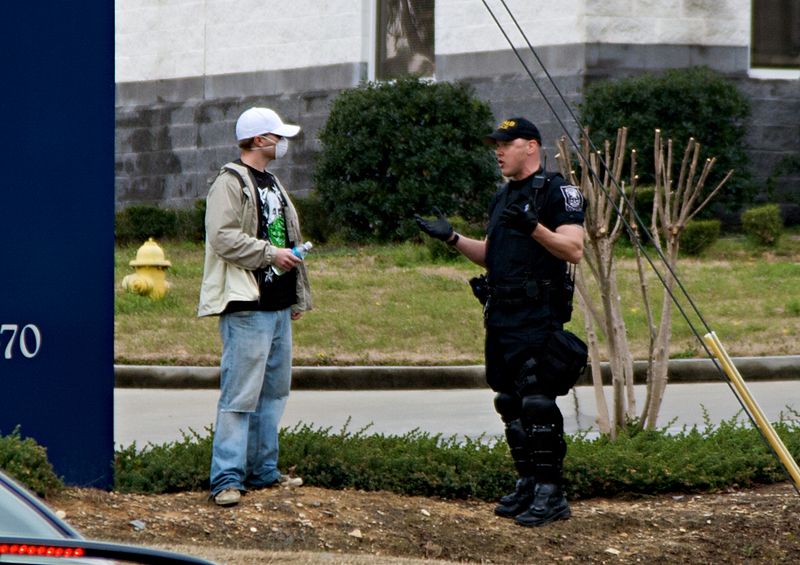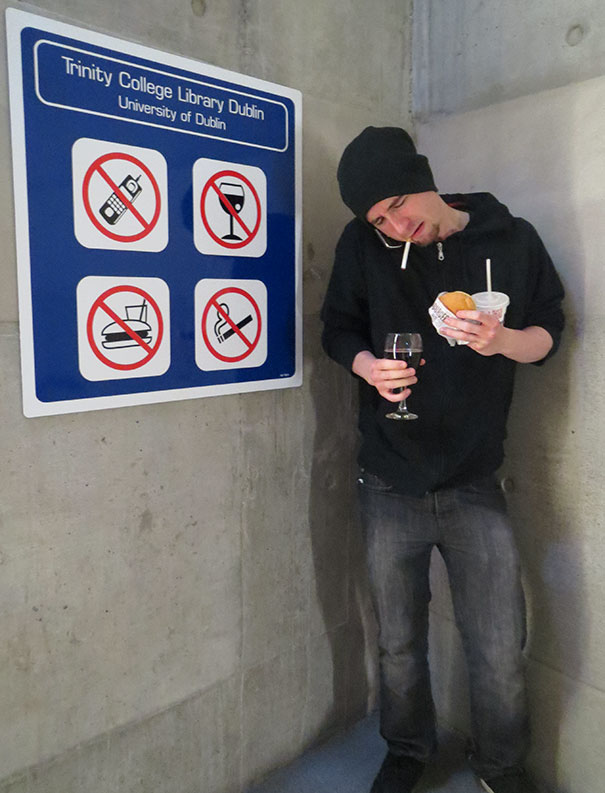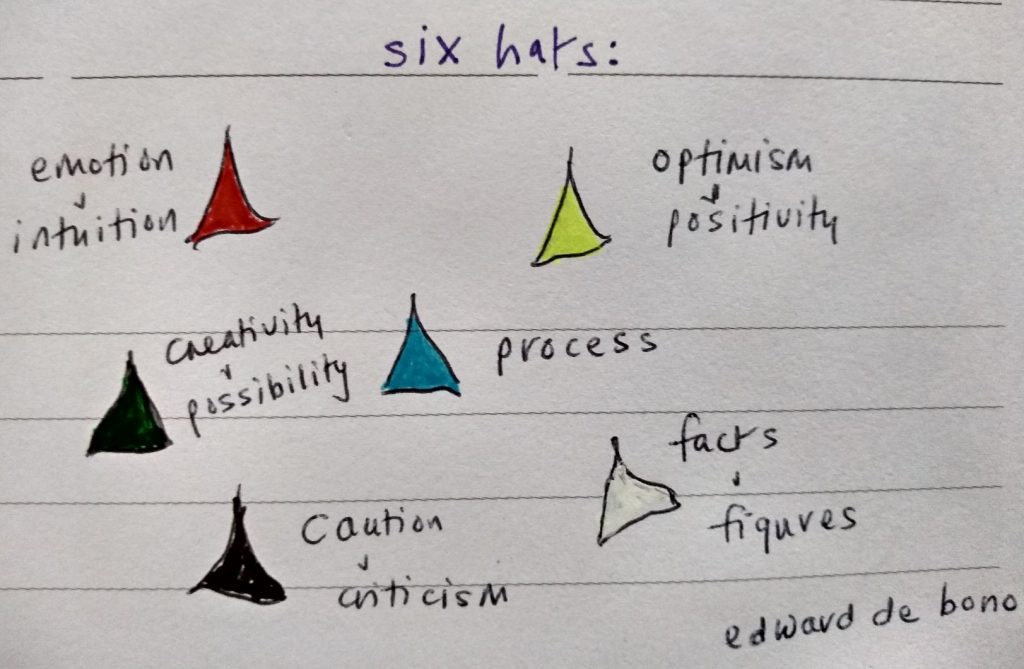A talk about the Middle Way, both in Buddhism and as a universal principle, delivered to a Buddhist audience on a hot day in the context of a camping retreat at Buddhafield.
Category Archives: Middle Way Philosophy
Susan Averbach on the Jewish Middle Way
Here’s a lovely talk given by Susan Averbach for an online celebration of the Jewish festival of Shavuot with the International Institute of Secular Humanistic Judaism. It begins with Tyler Perry’s speech about the Middle Way at the Oscars, includes a brief introduction to the Middle Way in general, some extracts about ‘Living Room Conversations’ that offer a way to put the Middle Way into action, and some reflections for Jewish practices that may support the Middle Way.
Network Stimulus Politics 2: Political Action
The next main meeting of the Middle Way Network will be on Zoom at 7pm UK time on Sun 31st Jan 2021. This will be the second of two sessions on a Middle Way approach to politics. The first session focused on our political values and ideologies, whilst the second one will focus more on the practical dilemmas of political involvement of any kind.
Politics is often seen as an unavoidably polarised, and even corrupting, activity, so how can we manage to continue apply the Middle Way whilst being involved in it? However, at the same time many very important conditions and issues impacting our lives seem to demand political involvement. Much depends on where we start as individuals, and whether we can manage to maintain a sense of balanced perspective when we become politically involved. There is also a spectrum of political activity we can engage in, from merely voting, via online discussion and ‘clicktivism’, to active campaigning, party membership, and even standing for office.
In this session, we’ll be talking about the overall framing issues of finding the Middle Way in political action in the talk and initial Q&A, and the breakout groups should then provide the opportunity to apply this more to your personal situation and share your experience.

There’ll be a short talk on this topic, followed by questions, then discussion in breakout groups, and a plenary session at the end. At the main meeting, for this session only, we will be mixing up the normal regionalised breakout groups to help people get to know each other across the Network. If you’re interested in joining us but are not already part of the Network, please see the general Network page to sign up. If you would like catch up more with basic aspects of the Middle Way approach, we are also holding a reading group (next on 7th Feb) which will do this – please contact Jim (at) middlewaysociety.org if you want to join this.
Here is the video from this session:
Suggested reflection questions
- In what ways have you been politically involved? How easy have you found it to maintain a sense of Middle Way perspective in these political activities?
- How do you think you could help set up the conditions for a more Middle Way approach to political activities?
Suggested further reading/ listening
Depolarising politics talk 2: Activists or Quietists?
Migglism, Part 4: ‘Politics’
Truth on the Edge, ch.9
Network Stimulus Ethics 5: Provisional Rules
The next main meeting of the Middle Way Network will be at 7pm UK time on Sun 3rd Jan 2021. This will be the fifth of our series of talks and discussions on ethics, and the last of three sessions where we will be looking at the three classic approaches to morality in turn: virtue ethics, ethics seeking good consequences, and principle-based ethics. We will be asking what a Middle Way approach implies for what we consider to be ‘good’: is it becoming a better person, fulfilling good goals, or obeying the right principles? Or is it all of these? If so, how do we fit them together when they sometimes contradict each other?
Following principles or rules is the traditional way that many people think about ethics. But where do we get the rules from and how do we know if we have the right ones? The Middle Way approach suggests that we should never take a rule absolutely. Often absolute rules create unnecessary conflict and rigidity. But that need not prevent us from developing provisional rules that we can justify from experience. In this session we’ll be exploring the ways that principles or precepts can be useful for individual practice, and how provisional rules are also necessary in society.

There’ll be a short talk on this topic, followed by questions, then discussion in regionalised breakout groups. Some other regionalised groups will meet at other times. If you’re interested in joining us but are not already part of the Network, please see the general Network page to sign up. To catch up on the previous session, on consequential ethics, please see this post. If you would like catch up more with basic aspects of the Middle Way approach, we are also holding a reading group (next on 10th Jan) which will do this – please contact Jim (at) middlewaysociety.org if you want to join this.
Here is the actual video from this session:
Suggested reflection questions
- What’s the history of your attitude to rules? Are you a rule-follower or a rule-breaker? How well do you think this has served you?
- Have you practised (or would you like to practise) any provisional rules or precepts? What issues do you think their provisionality might raise?
- What advantages do you think there are in a deontological (i.e. principle-based) way of thinking about ethics, by comparison with thinking in terms of consequences or virtues? How far might it be helpful for you?
Suggested further reading
Middle Way Philosophy 1: The Path of Objectivity 7.i (see pdf of Omnibus edition on Researchgate)
Truth on the Edge section 6
Parallel thinking and six hats
In a recent middle way group discussing consequential ethics, we wondered how groups with diverse beliefs, ethics and approaches can work together to make effective decisions that account for a wide range of conditions, whilst at the same time avoiding conflict and argument?
Many thinkers have considered this problem and we might gain from looking at their ideas. One that came to my mind was Edward de Bono’s process of “Parallel thinking” which aims to enable groups to reach decisions as efficiently and effectively as possible, by considering the situation from several different perspectives and avoiding an adversarial framework.
For those unfamiliar with the idea, parallel thinking uses the metaphor of “six thinking hats” each of which represents a mode of thinking.

De Bono categorises the thinking modes as follows:
- Blue – Overview and process
- White – Information, facts and figures: What do we know, or need to know?
- Black – Caution and criticism: What are the risks we want to avoid?
- Yellow – Optimism and positivity
- Green – Creativity and possibilities
- Red – Emotion and intuition: What is our gut instinct?
To begin the process one person can take the role of facilitator – guiding the process – wearing the “blue hat”. The group then works together through each of the modes in turn, ensuring everyone is coming at the problem from the same direction (in parallel) at the same time. Hopefully, in this way, we might avoid an adversarial situation, where one person with a positive perspective on an idea might argue with someone with a negative view – often to little effect.
Individually, we can use this thinking process when seeking to integrate our our own judgements and actions in the context of complex conditions. We might consider “trying on the hats” to see which we habitually use. Then perhaps we could try on a hat we are less attracted to to gain a better perspective.
Here’s a short film explaining how the process can be used in practice:
Have you used this process in groups or individually?
What other thinking processes do you find useful in making judgements?
